Description
Introducing the book Once Again, The City I Loved by Nader Ebrahimi
Once again, the city I loved is another lasting work of Nader Ebrahimi, who was born in Tehran in 1315 and died at the age of 72 due to illness. More than ninety books are remembered from this contemporary Iranian novelist, the most famous of which is a quiet romance, a house for the night, forty short letters to my wife.
In addition to writing short stories, he has worked in the fields of filmmaking, songwriting, translation and journalism, and is the author of a seven-volume series called “Smokeless Fire”, which has also been made into a film.
The book was once again the city I loved
The story begins with the translation of this verse from Surah Balad:
I swear by this city
And you – live in this city
And I swear by the father and the children he created
That we have created man in suffering.
From the very beginning, the reader’s task with the book is clear: we are confronted with a story that tells of prejudice and love for the homeland, and at the same time is accompanied by a bag full of pain and suffering.

Once again, the book My Favorite City contains three separate stories:
The rain of an autumn dream
Five letters from Chamkhaleh coast to Setareh Abad
The end of the dream rain
At the beginning of the first short story, the narrator’s mistress, “Helia”, is introduced to the audience and the story ends with the following sentences:
It’s too late, Helia. The smoke bothers your eyes. No one will look at the steam of your windows anymore. No one will cross the empty street next to your house. What do your eyes have to say to the night? Dogs ruin the dream of a passerby passing through the orange groves. The night is empty of me Helia…
Helia is Khan’s daughter and tells the story of an agricultural boy who has been a playmate since childhood. They fall in love and decide to get married, but their families oppose them and eventually run away to Chamkhale, where they resume life.
Helia does not endure in the face of difficulties and finally, in the conflict between her intellect and her emotions, unlike the narrator, the intellect overcomes her emotions and returns to her hometown; While the man of the story is not willing to give up at first, he finally returns to his hometown after 11 years away; A city he once loved; To a city from which he was once expelled.
The narrator likens himself to the “perpetual psyche of a lover” and returns to his hometown, because he wants his dream, which sometimes blends with reality, to be revived by returning to his hometown and returning to his purest childhood dreams. Zandiyad Nader Ebrahimi uses the title he has chosen for his book several times in his sentences in order to lighten the emotional burden of the story a bit:
Father! I want to go back to the city I love. There is no more talk of Helia.
The man in love returns, but sees that his mother has died of grief for his absence and that his father is not willing to see him.
The second part consists of five letters to Helia and the narrator often wanders between past and present memories. There are a lot of time jumps and the font of the book is changed so that the reader understands the difference between the two times.
In each letter, the narrator dreams only of the connection between himself and Helia; He likens the city in which Helia sleeps to a city adorned with the grief of treeless cemeteries. He believes that what happened to him and Helia is a hand that pushes them towards destiny with all their might, and they were just cookie dolls of destiny.
One of the important points in this novel is the poetic and rhythmic prose of the author that sits in the heart of the reader and immerses him in the descriptions:
In the Great Hall of Every Regret, the lost and the lost dance together.
Abbreviations and metaphors used are other things that make the reader read the story non-stop until the end, without leaving it for a moment; These sentences are sometimes so simple that they can be easily read and skipped, sometimes they are so thought-provoking and difficult that you have to read and understand them several times:
Begging glorifies life. Desire colors being. And what is left of any appeal is remorse.
Indeed, what would we do if we were the narrator? Did we praise going or staying and fighting? Does staying mean giving in to the most emotional pain? Does time relieve Bixy’s pain? Who will come and keep the coming alive?
In The Poor, Dostoevsky describes memories, both sweet and bitter, as a source of suffering, but he also believes that this torment is sweet.
Does the narrator of this story torment or enjoy himself by returning to his hometown and reliving his memories? Whatever it is, his memoirs in all his letters are so pure and vivid that it is as if not much time has passed since then. The narrator sacrifices everything that is not to be sacrificed, tolerates everything that is, but never goes to the home of love to beg.
Once again, the city I loved
Sentences from the text of the city I loved again
What still provokes my bitterest grin is “becoming” in their view – those who want to put us in their metal molds. They attack us with small numbers. With their absolute zero, they come to war with the deepest and most fascinating dreams – and we are the crushers of small shoe boxes.
We were never afraid of what we did not know and of those we did not know. Fear is a souvenir of acquaintances.
There is an expectation of gratitude in every blow. Thank you Helia! This should deceive. You have to step on the mental bar of stupidity. You have to smile and bend your knees a little; But not for dogs. Dogs are better than humans at tearing up their stupidity. Rabies is the limit of rebellion, the limit of breaking ribbons.
Only your dream will connect you to all that is lost, to me, and to the good dreams that have been lost. I am no more; I am not until I return to you and bring the night before your eyes with a smile – which is the gateway to the blue and living atmosphere of love; I’m not going to say what sparrows say to each other among the orange trees, why crickets sing to each other, and what message evokes dogs from the depths of the night.
Possibility is the ruler of the most powerful armies who felt victory over their hats like the sky. Every loser thinks only of the possible and curses it. Every conqueror is an admirer of the longing for possibility within himself. It creates possibility and it destroys. Unknown possibilities build houses on the most unknown wildflowers along the roads and like stray bees. Gates restrict any choice. It may be that “wanting” begs for all possibilities; But I like that it is not contaminated by begging.
Remember that days and moments never come back. Think of time and the cruel ambush of time. In the morning, when the fishermen were going out to sea in their boats, they greeted me and said, “Let me greet you while I am still asleep.” Wake up Helia. Wake up and do not leave the simple greeting of the fishermen unanswered. I’m full of saying, not writing. You have to sit here in front of me and listen.
هلیا! Praise forgetfulness; Because it keeps us alive after the death of our closest friend and combines forgetfulness with the most painful hatreds; Because man forgets his friends, he forgets he has read books, and he forgets the kind color of a passerby’s gaze. But how can you forget – the dogs were barking – those orange sunsets that the sun of those sunsets sat on my gaze and cast my gaze on the palace and all the windows of the palace?
Songs soothe loneliness; But relief alone is not relief from pain. To live next to strangers is to live among colorlessness and sound. Sounds are now the most unreasonable flow in space. When everyone says, no one hears. Remember! Silence does not prove emptiness. Now what he says is empty – and the scavengers have not chosen the night for no reason.
1- Introducing the book on YouTube
2- Introducing the book in Aparat


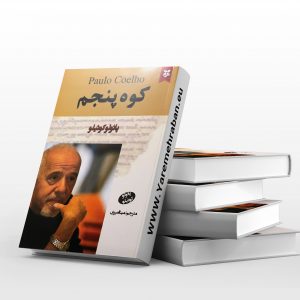
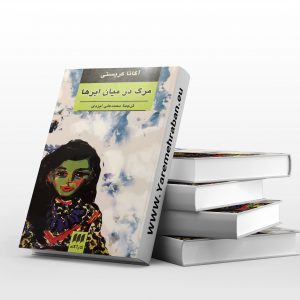
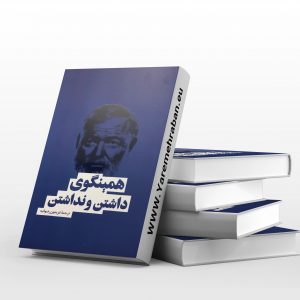
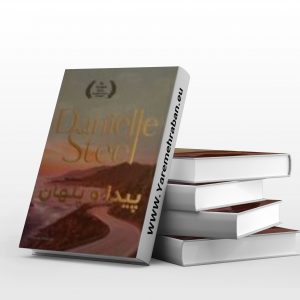
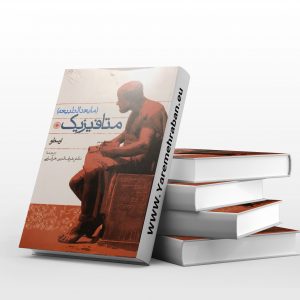
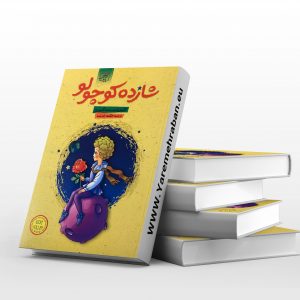

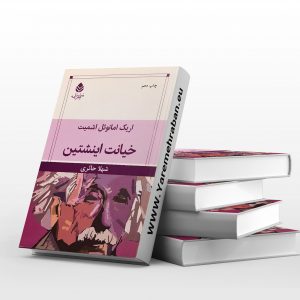
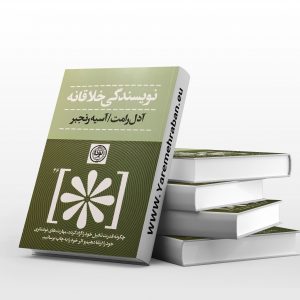
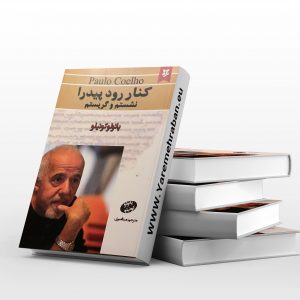
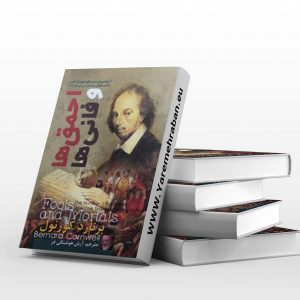
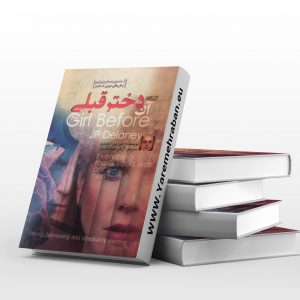
Reviews
There are no reviews yet.